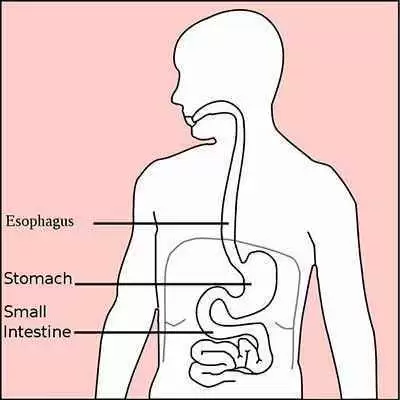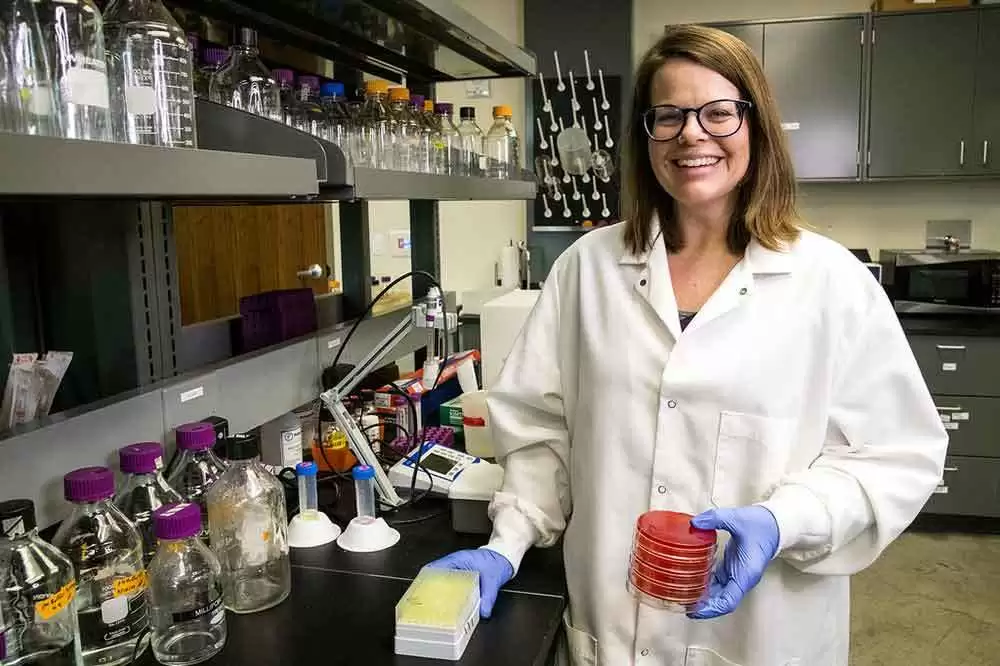
Celiac.com 05/23/2023 - In recent years, there has been a rapid decline in the cases of Helicobacter pylori gastritis, particularly in developed countries. However, amidst this decline, an intriguing phenomenon has emerged: Helicobacter pylori-negative chronic gastritis. This condition is marked by chronic inflammation of the stomach lining in the absence of the notorious Helicobacter pylori bacterium, and has gained increasing recognition among experts as an important histological finding.
Despite the growing awareness of this condition, the rates and clinical significance of Helicobacter pylori-negative chronic gastritis in children remain poorly studied. To shed more light on this condition, a team of researchers set out to learn more about this peculiar type of gastritis in the younger population.
Celiac.com Sponsor (A12):
The research team included Anni Virkkula, Laura Kivela, Pauliina Hiltunen, Antti Sotka, Heini Huhtala, Kalle Kurppa, and Marleena Repo. They are variously affiliated with theTampere Centre for Child, Adolescent and Maternal Health Research, Faculty of Medicine and Health Technology, Tampere University, Tampere, Finland; the Celiac Disease Research Centre, Faculty of Medicine and Health Technology, Tampere university, Tampere; the University of Helsinki and Helsinki University Hospital, Children's Hospital, and Paediatric Research Center, Helsinki; the Department of Pediatrics, Tampere University Hospital, Tampere; the Department of Pediatrics, South Karelia Central Hospital, Lappeen-ranta; the Faculty of Social Sciences, Tampere University, Tampere; the University Consortium of Seinajoki and Seinajoki Central Hospital, Seinajoki, Finland; and the Department of Pediatrics, Central Finland Central Hospital, Jyvaskyla, Finland.
The team began their investigation by gathering data from 1,178 consecutive children who underwent diagnostic esophagogastroduodenoscopy (EGD). By comparing the baseline characteristics and long-term outcomes of children with active and inactive Helicobacter pylori-negative chronic gastritis, as well as those with normal gastric histology, they sought to discern patterns and draw meaningful conclusions. They then tracked follow-up data for up to 13 years.
What the team discovered was nothing short of remarkable. Helicobacter pylori-negative chronic gastritis, it turns out, is a rather common finding in children undergoing EGD. Intriguingly, the active type of this form of gastritis was found to be particularly associated with Crohn's disease, an inflammatory bowel condition, while the inactive form exhibited links to celiac disease.
In addition to shedding light on these associations, the study uncovered another fascinating revelation—Helicobacter pylori-negative chronic gastritis can serve as a predictor of gastrointestinal diagnoses, most notably inflammatory bowel disease and celiac disease. This finding carries significant implications for early detection and subsequent management of these conditions.
Furthermore, the researchers examined the long-term prognosis of patients diagnosed with Helicobacter pylori-negative chronic gastritis who did not receive an initial diagnosis. Encouragingly, they found that the prognosis for these individuals is generally favorable.
With valuable insights into prevalence, clinical significance, and potential implications for gastrointestinal health, this study marks an important evolution in our understanding of Helicobacter pylori-negative chronic gastritis.
Read more in the Journal of Pediatric Gastroenterology and Nutrition 74(5):p 949-955, May 2022








Recommended Comments
There are no comments to display.
Create an account or sign in to comment
You need to be a member in order to leave a comment
Create an account
Sign up for a new account in our community. It's easy!
Register a new accountSign in
Already have an account? Sign in here.
Sign In Now